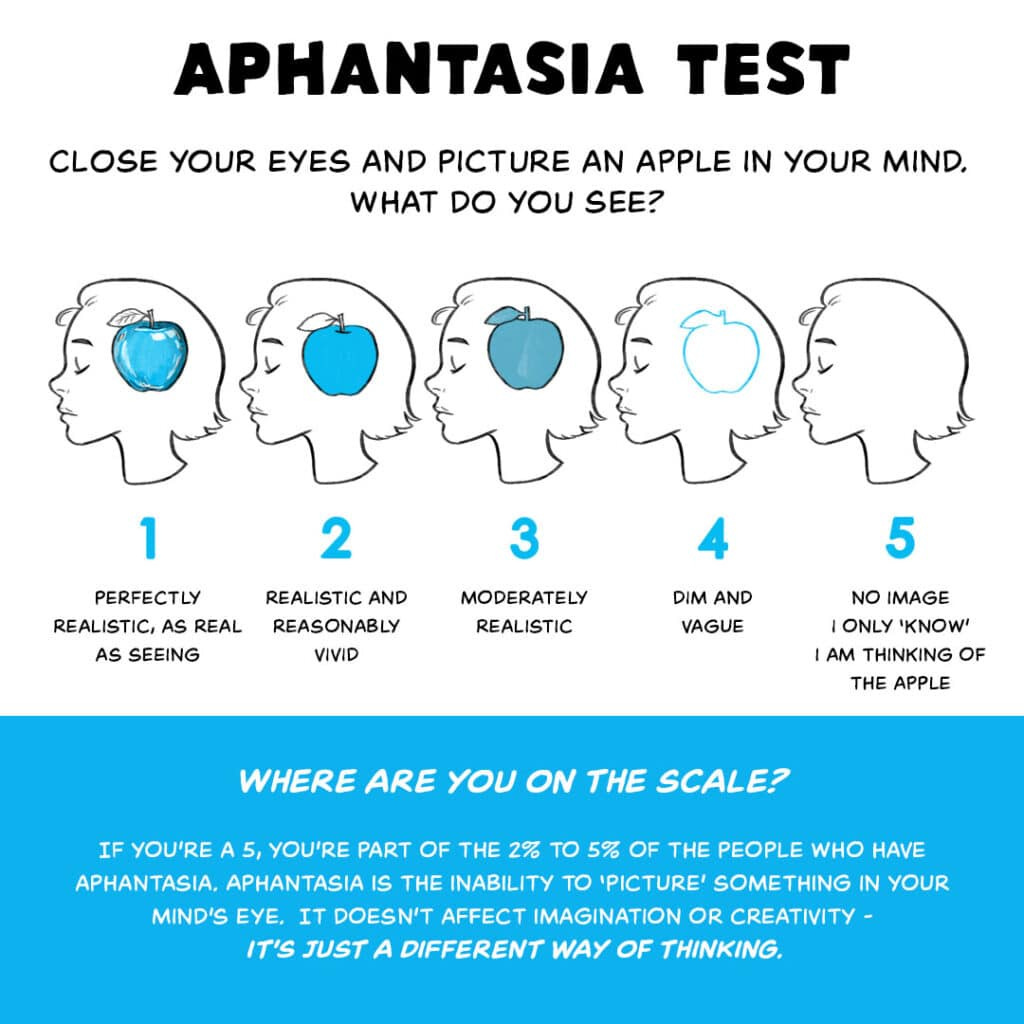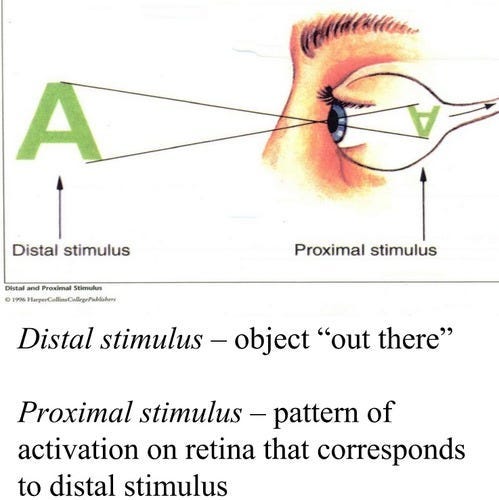I am a conversational writer. Well no duh, obviously.
(This statement in itself is conversational- fragmented sentence structure, incorrect grammar, and a plethora of other random English language vocabulary that is too complex for me to even fathom.)
I am currently in the 9th circle of hell, the season of college applications. My days are filled with crippling stress, realizations that I’m not good enough, and daily comparisons to my peers. With this horrible time in my life comes some sort of cathartic relief, I am forced to write. I have to write over 60 essays in the span of 2 months. An insane number. So thus my days are filled with me forcing myself to write which has led to some writer’s block and burn out but, I just get over it and continue writing. However, in the midst of this, I’ve received some criticism that I’ve never considered before. I write extremely conversationally.
It makes sense, I write on here in my spare time to have the direct intent of sharing it with an audience. If I’m not writing here I’m ranting to my friends over text, call, or yapping on my Instagram story. Everything I say is meant to be perceived through the understanding that the perceivER knows me, the perceivEE (so to say). To have built a first line of contact, a relationship that puts the way I speak and write into context. So I’ve never once considered this: how would an outsider perceive me just through my writing? It is a difficult concept to grapple with, I know myself, and my intended audience knows me. Yet, the way I will be perceived when a random admissions officer is reading my college essays is completely unbeknownst to me. They don’t know me, I don’t know them.
So, this has led to a place of confusion… How do I write to be perceived when there is no perception of me?
I’m writing this article after having a meeting with my counselor about college. He proofread some of my essays and told me that the way I write is meant to be spoken. (Makes total and complete sense since I competitively give speeches that are meant to be spoken out loud.) He told me that my style of writing reminds him of the way a newscaster speaks when reading off a teleprompter. When the words on the prompter are read aloud they make sense, they invoke emotion. Spoken words have a way with a person's perception that makes them feel. Reading on the other hand does not. It may invoke emotion but it doesn’t allow readers to perceive. Yes of course perception is how our minds process the state of the way things are but using our physical senses is different than just mental processing.
I’m learning about perception in my Psychology class right now and it is fascinating. How do we perceive something as it is without prior knowledge?
I write conversationally because I write the way I think. I think in spoken words. I don’t think in words, I think with a voice in my head. I don’t know if that sounds crazy but my thoughts have an internal monologue. In my psychology class, we are learning how different mental functions create different mental reactions. For example, my internal monologue is always on. From the moment I wake to the moment I sleep, the thoughts in my head are narrated to me through a voice. I don’t think thoughts, I hear them. Not in a crazy worrisome schizophrenic way, but more like an audiobook of my brain is always turned on kind of way.
(The narration of writing in my brain has proved to be extremely difficult during tests. Especially those that require strict grammatical rules like the SAT or ACT, since a sentence can be spoken in a million ways to emphasize different parts, my brain can justify any spoken version of a sentence as correct. Which sucks for me during these standardized tests. )
The inverse of the way my brain works is aphantasia. Which is described as: "blindness of the mind's eye." People who live with aphantasia cannot hear voices, create images in their minds, and in turn, don’t have an internal monologue. This image helps visualize this.
(Sometimes when I’m bored I perform this exercise myself and try to visualize an apple in the most vivid way just to PROVE to myself I don’t have aphantasia, even though it is very evident I don’t. I imagine the apple, the glare from a source of light, the rotation of the apple and even zoom in on its skin and stem. Maybe I’m just weird I don’t know. )
I cannot even begin to wonder what living with aphantasia is like. To be unable to visualize or contextualize in your own brain. Yet people with aphantasia don’t see it as anything different; it is simply the way they think. This is fascinating to me. How does one's perception differ when your mind is -for lack of a better term- empty?
This made me question how I write. When people read my writing will they have that internal monologue narrating it to them or will they perceive it the way it is directly in the text? I fear that my writing will not translate well for somebody who does not have an internal monologue. I completely understand why a reader like this may perceive me as blunt or casual or simply uneducated and just bad at writing.
Perceiving the way that things are as they exist is known as distal stimuli. This is defined as: physical object or event that is directly observed and perceived by sensory receptors. Here is another image to help visualize this.
Distal stimulus is the state of matter as it exists. No perception can be added to it, it is what it is. Now, the perception aspect comes into play when the stimuli hits our retina and our optic nerve can send signals to our brain to perceive that what we see is an A (in this example specifically.) I wonder, does this apply to writing as well? I wonder if people who see writing and words as distal stimuli can even enjoy or understand my writing.
With all that being said I am now conscious of the way I write. I never stopped to consider that many people wouldn’t enjoy my writing because I don’t write in thoughts, I write with a voice. But, now I hope my writing comes off as uniquely me. Even with no prior experiences, perception, or understanding of who I am as a person, I hope my writing gives a glimpse of my personality by presenting it in the unique voice of which I write with.





